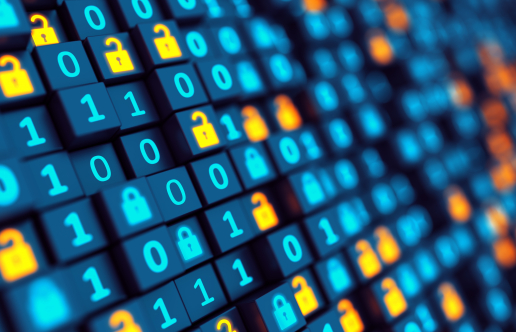
News
May 26, 2021
Olga Russakovsky and Jonathan Mayer recipients of SEAS's Junior Faculty Award
The School of Engineering and Applied Science has recognized six assistant professors for outstanding teaching and research. Each recipient of the 2021 junior faculty award will receive $50,000 to support their work.
May 24, 2021
Congratulations to the Department of Computer Science Class of 2021!
On Monday, May 24, 2021, the Computer Science department held its Class Day award ceremony online.
Those honored are listed below.
May 21, 2021
Student founders achieve startup success with Princeton launchpad
Adora’s founders weren’t anticipating a pandemic when they started creating a virtual campus visit company in 2019, but the lessons they learned in Princeton’s classrooms and beyond helped them seize the moment and transform their idea into a runaway success.
May 12, 2021
Phi Beta Kappa chapter honors Olga Russakovsky with teaching award
The Princeton University chapter of Phi Beta Kappa will present its annual awards for excellence in undergraduate teaching to Olga Russakovsky, assistant professor of computer science as well as Helmut Reimitz, professor of history and director of the Program in Medieval Studies.
May 11, 2021
Princeton students' desire to improve campus tours leads to successful start-up company
Princeton University was not on junior Raya Ward's radar when she was deciding where to study. A spur-of-the-moment Orange Key tour – her mother's suggestion en route from their home in Georgia – shot Princeton to the top of her list. Financial aid was a primary factor, and she heard all the right things during her visit. "A huge consideration for me was financial aid," Ward said. "And my tour guide spent at least ten minutes explaining the incredible support Princeton offers."
May 10, 2021
Adji Bousso Dieng on AI, breaking barriers, and computing as empowerment
Adji Bousso Dieng wants to create artificial intelligence that can understand the mechanisms underlying complex systems and have a level of control over their behavior — work that could impact fields including science, health care and automated systems.

April 12, 2021
Three CS graduate students win 2021 Graduate School Teaching Award
Three Computer Science graduate students, Ameet Deshpande, Sadhika Surya Malladi, and Matthew Myers have been awarded the Graduate School Teaching Award for their significant and exceptional contribution to undergraduate teaching.
April 6, 2021
Alumni win Turing Award, top honor in computer science
The Association for Computing Machinery named Princeton graduate alumni Alfred Aho and Jeffrey Ullman recipients of the 2020 ACM A.M. Turing Award. The award, often referred to as the “Nobel Prize of Computing,” carries a $1 million prize, with financial support provided by Google, Inc. It is named for Alan M. Turing, also a Princeton Ph.D. alumnus, who articulated the mathematical foundation and limits of computing.
April 2, 2021
National Science Foundation awarded Professor Felix Heide NSF CAREER award
Heide is an Assistant Professor in the CS department and leads the Princeton Computational Imaging lab. The CAREER award will support the lab's work to develop and optimize cameras to be used in a variety of domains including medical imaging, robotics, scientific imaging, virtual/artificial reality, and self-driving vehicles. The research efforts are also tightly integrated with an outreach program that introduces underrepresented and at-risk students in the New Jersey and New York area to science and technology through domain-specific cameras for self-driving vehicles.
April 1, 2021
Hello, World. Princeton and WHYY launch new podcast “A.I. Nation”
“A.I. Nation” is co-hosted by Ed Felten, the Robert E. Kahn Professor of Computer Science and Public Affairs and founding director of Princeton’s Center for Information Technology Policy, and WHYY reporter Malcolm Burnley. Over the course of five episodes, the pair will investigate how artificial intelligence is affecting our lives right now, and the impact that technologies like machine learning, automation and predictive analytics will have on our future.
March 31, 2021
Explore and connect widely: Faculty alumnae reflect
For a half century, women have played leading roles in research, teaching and innovation at Princeton’s School of Engineering and Applied Science. Today, our faculty also includes women who completed their graduate or undergraduate degrees in engineering at Princeton. Spanning different disciplines and generations, each of them has made outstanding contributions in her respective field, and each exemplifies Princeton’s traditions of fundamental research and engineering in the service of humanity.
March 26, 2021
“Think like an expert”: Brain scans watch learning in action
A team of Princeton neuroscientists scanned students’ brains six times during spring 2018 to watch how neural response patterns changed as the students learned the curriculum for COS 126, “Introduction to Computer Science.” Here, research specialist Hanna Hillman sits in the fMRI control room as she prepares to scan one of the students.
...
...







